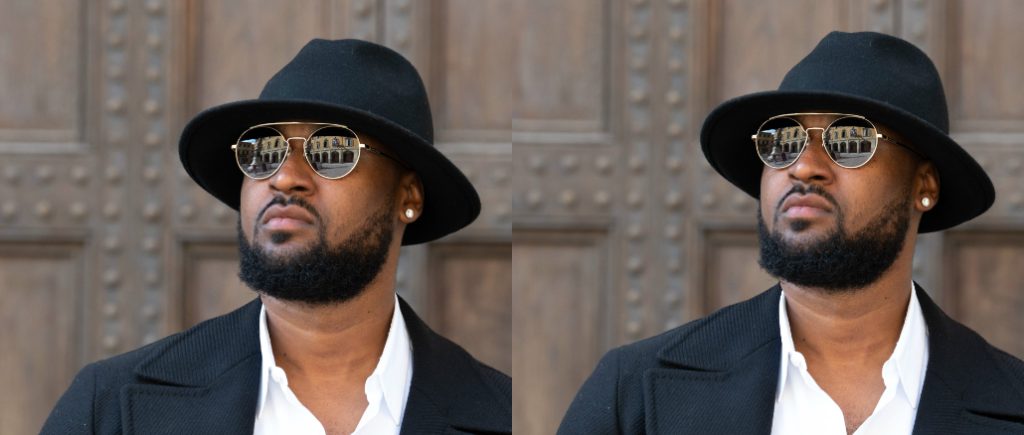Italian-Nigerian artist and entrepreneur, Charles Onyekachi Onyeabor, has urged Africans to face the reality of wickedness and racism within their own communities instead of putting all the blame on white people.
Onyekachi, the eldest son of Afro-funk legend William Onyeabor, made this known in a social media post. He acknowledged the cruelty of colonialism and slavery but stressed that evil is not exclusive to one race.
“Wickedness is not a white thing, it is a human thing,” he stated. “It is selfish and misleading to say only white people are wicked. The reality is that the human race is wicked and racist.”
He argued that Africans wrongly believe white people are more wicked, when in reality, other races simply act strategically by protecting their own.
“They value and protect their own people. They act with unity. They think about posterity and the long-term impact of their actions,” he wrote. “Meanwhile, too many Africans think only about the present moment, not the future or how today’s choices affect tomorrow’s children.”
Onyekachi illustrated his point with examples of everyday wickedness in African societies:
“You buy a piece of land, and another African shows up claiming ownership. Did a white man do that? Your neighbour poisons your food because of jealousy. Was that the white man’s doing? Our leaders stay in power for decades while their people starve and suffer. Is that the fault of the white man?”
He also reminded Africans of their role in slavery. “Don’t forget, it was black men who sold their fellow blacks into slavery in the first place. The whites didn’t just walk into Africa and start picking people.”
Speaking on racism, he recalled a recent exchange: “Just a few days ago, a friend greeted me and said: ‘How you dey? How’s your Oyibo wife and Oyibo son?’ If a white man said, ‘How’s your Black wife and Black child?’ we’d immediately call it racism. So why don’t we see it as racist when we do it?”
Onyekachi further addressed the struggles of mixed-race children: “A mixed-race child is often not fully accepted in either world. In the white world, they’re seen as black and face the same prejudice. In the black world, they’re called ‘Oyibo’ and treated like outsiders. In the end, the child belongs everywhere yet is made to feel like they belong nowhere.”
He added that African women sometimes disregard black men married to white women: “They treat him as though he is still single. Why? Because of the prejudice in our own hearts.”
Highlighting tribalism, he wrote: “We scream about racism, yet here in Africa, a Yoruba person says, ‘God forbid I marry an Igbo or Hausa.’ Parents fight their children for loving someone from another tribe. Hatred flows between us daily.”
Calling this “hypocrisy at its peak,” he urged Africans to reflect:
“This world is not divided into wicked and racist whites and innocent blacks. It is divided into wicked and racist humans and good humans. Wickedness and racism exist everywhere, including in Africa. Until we admit our own faults and stop being hypocrites, we will keep pointing fingers while ignoring the evil in our own backyard.”


